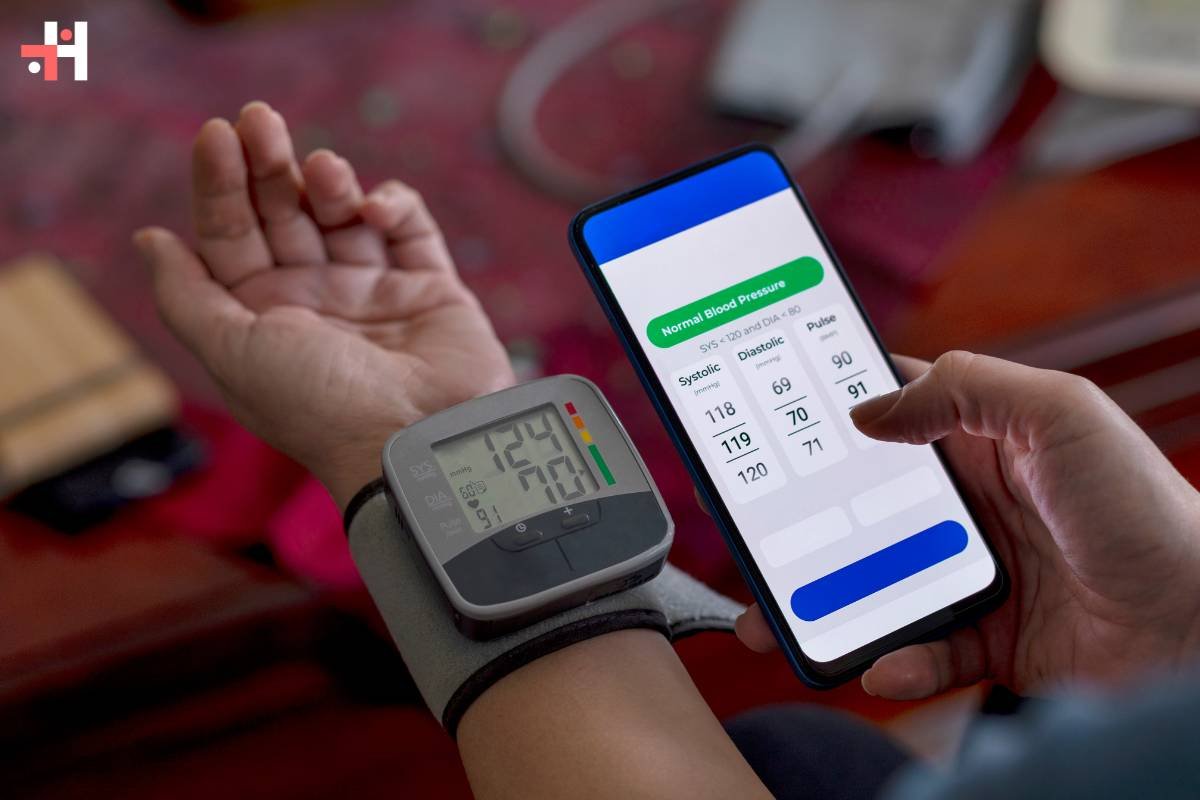Staying abreast of the latest healthcare trends is crucial for professionals, patients, and stakeholders alike. From advancements in technology to shifts in patient care models, the healthcare industry is constantly evolving to meet the needs of a changing world. In this comprehensive guide, we’ll explore the latest healthcare trends shaping the industry and discuss their implications for the future of healthcare delivery.
Here are 10 latest healthcare trends shaping the industry:
1. Telehealth Revolutionizing Patient Care
Telehealth has emerged as a game-changer in the healthcare industry, offering patients convenient access to medical care from the comfort of their homes. With the widespread adoption of telehealth platforms and virtual visits, patients can now consult with healthcare providers, receive diagnoses, and access ongoing care remotely. The convenience and accessibility of telehealth services have transformed the patient experience and are expected to continue driving innovation in healthcare delivery.
2. Artificial Intelligence (AI) in Healthcare

Artificial intelligence is revolutionizing various aspects of healthcare, from diagnostics and treatment planning to administrative tasks and patient engagement. AI-powered algorithms can analyze vast amounts of medical data to identify patterns, predict outcomes, and assist healthcare providers in making more informed decisions. As AI technologies continue to advance, they have the potential to improve patient outcomes, enhance operational efficiency, and reduce healthcare costs.
3. Personalized Medicine and Precision Healthcare
Personalized medicine, also known as precision healthcare, is gaining traction as a more targeted approach to patient care. By leveraging genetic information, biomarkers, and other patient-specific data, healthcare providers can tailor treatments to individual patients’ unique characteristics and needs. Precision medicine holds the promise of improving treatment outcomes, minimizing adverse effects, and optimizing healthcare resources by ensuring that interventions are more effective and personalized.
4. Value-Based Care Models
Value-based care models are shifting the focus of healthcare from volume to value, emphasizing quality of care and patient outcomes over the quantity of services provided. These models incentivize healthcare providers to deliver high-quality, cost-effective care and prioritize preventive measures and population health management. By aligning financial incentives with patient outcomes, value-based care models aim to improve care coordination, reduce healthcare disparities, and enhance overall healthcare quality.
5. Remote Patient Monitoring and Wearable Technology

Remote patient monitoring (RPM) and wearable technology are empowering patients to take a more active role in managing their health and well-being. From smartwatches that track vital signs to wearable devices that monitor chronic conditions, these technologies enable continuous monitoring and real-time data collection outside of traditional healthcare settings. By providing healthcare providers with valuable insights into patients’ health status, RPM and wearable technology support early intervention, proactive care management, and improved patient outcomes.
6. Healthcare Data Security and Privacy
As healthcare becomes increasingly digitized, concerns about data security and patient privacy have become paramount. Healthcare organizations must prioritize robust cybersecurity measures and compliance with regulations such as the Health Insurance Portability and Accountability Act (HIPAA) to protect sensitive patient information from unauthorized access, breaches, and cyber threats. Maintaining patient trust and confidence in the security of their healthcare data is essential for fostering positive patient-provider relationships and ensuring the integrity of healthcare delivery.
7. Mental Health Awareness and Teletherapy Services
The COVID-19 pandemic has highlighted the importance of mental health awareness and access to mental health services. Teletherapy platforms and virtual mental health support groups have emerged as vital resources for individuals struggling with stress, anxiety, depression, and other mental health conditions. By offering remote counseling and therapy sessions, these services help bridge the gap in mental healthcare access and provide individuals with the support they need to cope with challenging circumstances.
8. Healthcare Workforce Resilience and Well-being
The healthcare workforce plays a critical role in delivering quality care and maintaining the health and well-being of communities. However, healthcare professionals face numerous challenges, including burnout, fatigue, and emotional exhaustion, particularly in the wake of the COVID-19 pandemic. Healthcare organizations are increasingly prioritizing workforce resilience and well-being initiatives to support their employees’ mental, emotional, and physical health. By investing in resources such as counseling services, wellness programs, and flexible work arrangements, healthcare organizations can foster a culture of resilience and ensure the sustainability of their workforce.
9. Health Equity and Access to Care
Addressing healthcare disparities and ensuring equitable access to care for all individuals remains a pressing concern within the healthcare industry. Efforts to promote health equity include initiatives to reduce barriers to care, improve healthcare access in underserved communities, and address social determinants of health such as poverty, housing instability, and food insecurity. By advancing health equity, healthcare organizations can enhance health outcomes, promote community well-being, and create a more inclusive healthcare system for all.
10. Digital Health Innovations and Startups

The digital health sector is experiencing rapid growth, fueled by a wave of innovation and investment in healthcare technology startups. From AI-driven diagnostic tools to mobile health apps and virtual care platforms, digital health innovations are transforming the way healthcare is delivered and experienced. Startups are pioneering new approaches to healthcare delivery, disrupting traditional models, and creating opportunities for collaboration and partnership within the industry.
Conclusion: Embracing the Future of Healthcare
In conclusion, the latest healthcare trends reflect a transformative shift towards a more patient-centered, technology-enabled, and value-driven healthcare system. By embracing innovation, prioritizing patient outcomes, and addressing key challenges such as health equity and workforce resilience, the healthcare industry is poised to deliver more accessible, efficient, and effective care to individuals and communities worldwide. Staying informed and proactive in adopting latest healthcare trends and technologies will be essential for professionals and organizations seeking to thrive in the evolving healthcare landscape.









